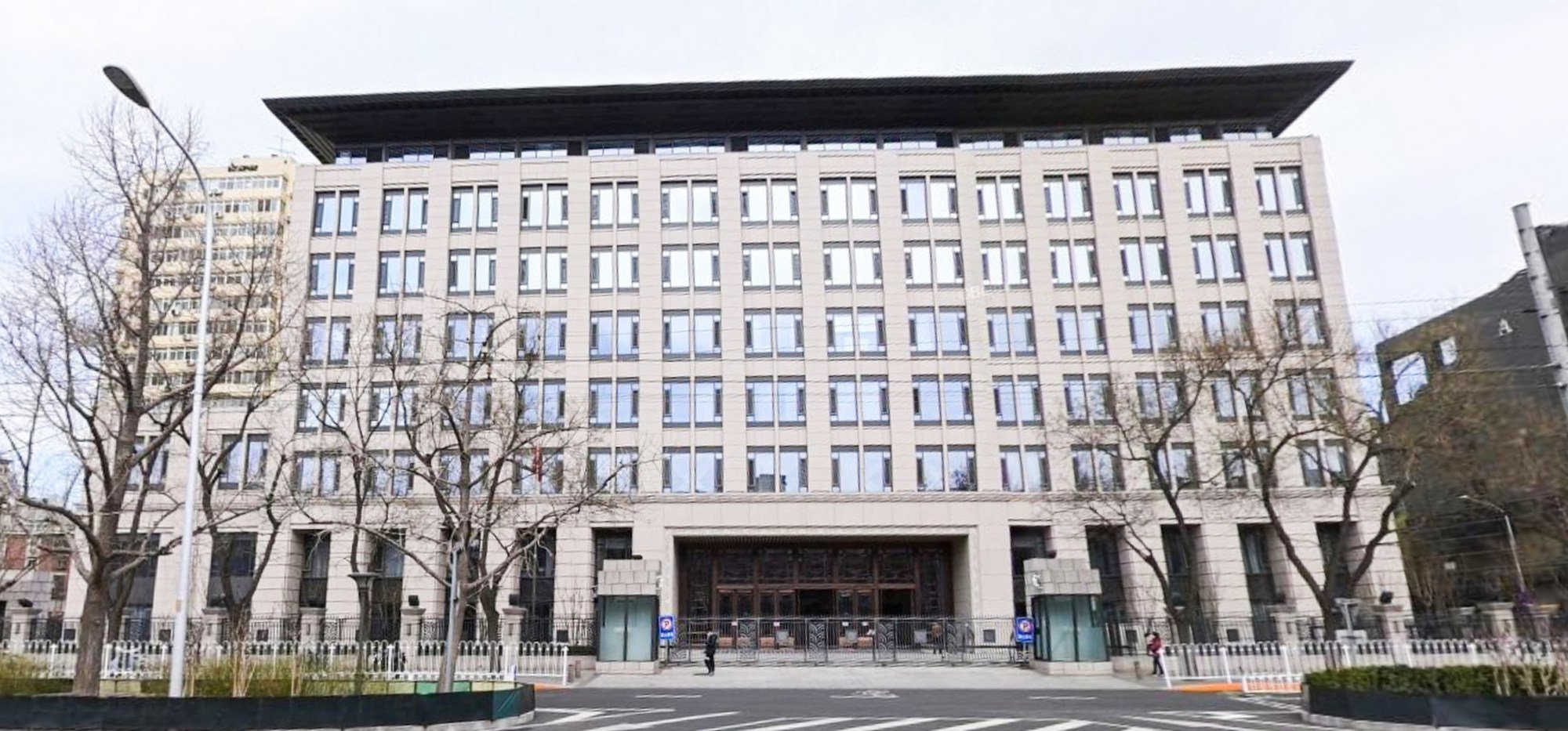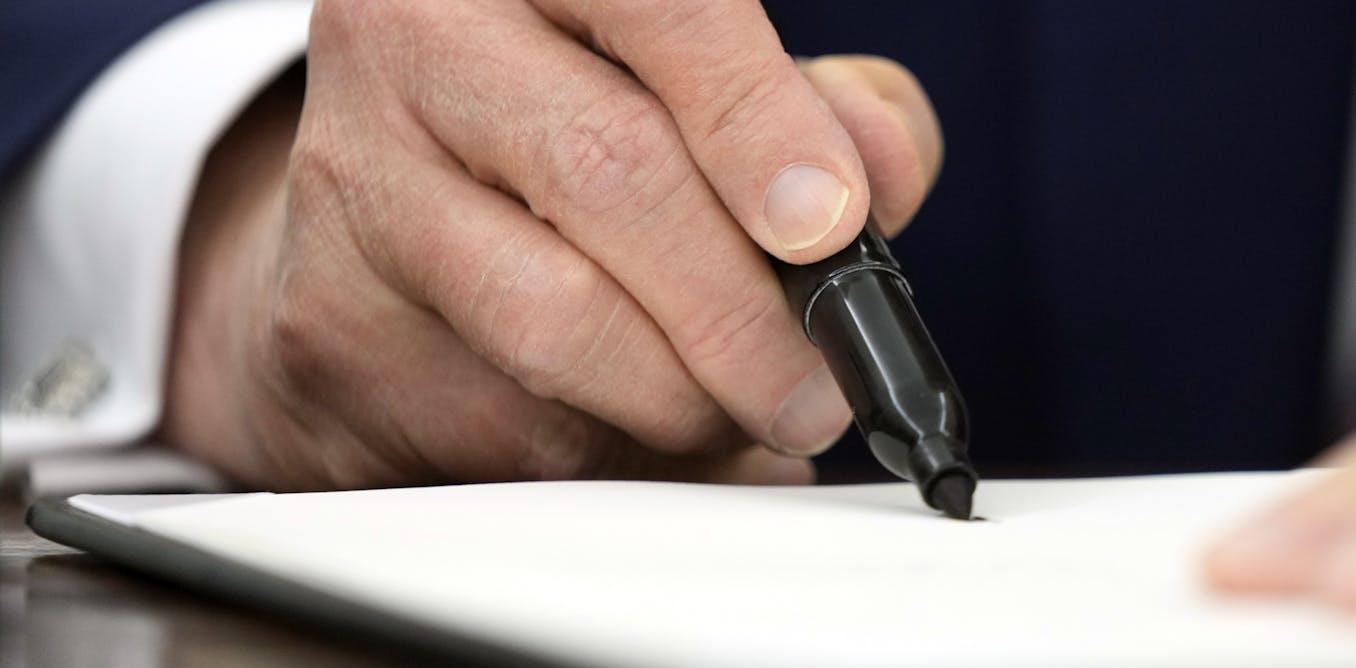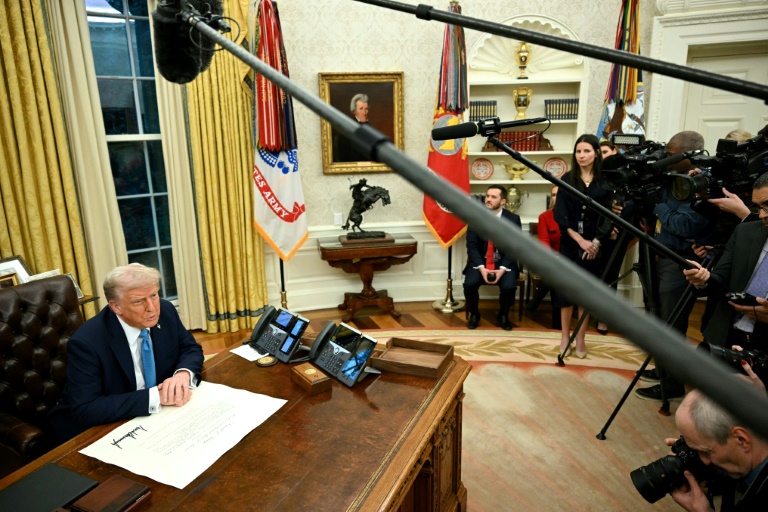“[We must] adhere to the correct political position of directing public opinion and orienting social values,” the statement said, also vowing to continue a crackdown on bad behaviour online.
The statement also warned regulators and internet companies to properly handle “the relationship between security and development”.
They must make use of the internet to help drive economic growth, especially for new industries, and at the same time strengthen content management and control to “prevent various risks and hidden dangers”, it said.
Officials from the CAC’s Beijing headquarters and provincial branches, as well as representatives of leading internet companies attended the meeting.
Hu’s bravery was applauded by most of the public, but some sporadic anti-Japanese postings described her as a “Japanese spy”.
On Sunday some of the country’s top tech firms, including Tencent, NetEase, Sina Weibo, Douyin – the Chinese version of TikTok – and Phoenix New Media’s news portal Ifeng.com, said they had deleted comments of this nature and banned accounts that promoted hatred and extremism.
Although it is routine for the internet watchdog to keep online opinion in check ahead of major political meetings, the authorities need to tread carefully and not be seen as too aggressive in undermining economic growth, said Alfred Wu, an associate professor at the National University of Singapore’s Lee Kuan Yew School of Public Policy.

“Security is clearly still the top concern ahead of the party plenum. Any incident can create unnecessary attention from the top leadership and result in potential setbacks in the careers of the officials in charge,” Wu said.
In January regulators were forced into a rare reversal after a proposal to limit the amount of time and money people could spend on video games caused the share price of some major companies such as Tencent Holdings and NetEase to plummet.







